These Week 3 phonemes are first taught at the end of Stage 1 - so if you are teaching Primary 1, bookmark this page, so you can come back in the Spring! But for those of you who will be reviewing these phonemes shortly, here are the OY, OA and QU picture flashcards. AI is also reviewed during Week 3, but those flashcards have been posted together with the AY cards (I thought it made sense to put the long A sounds together). Apologies for the strange combination of sounds in a single file, but I wanted to get them done as quickly as possible.
I've promised my daughters we'll watch a quick episode of Parks & Recreation, so I'm off - hope these are useful! And please keep checking back - I know I have a few more Stage 2 phonemes to finish off., and I'll hopefully be getting to those very soon.

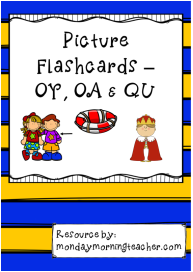
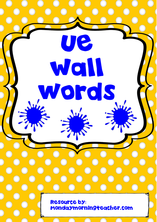
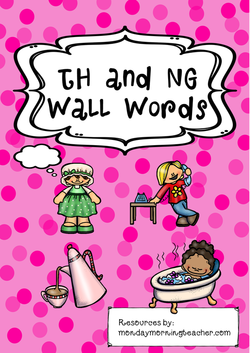
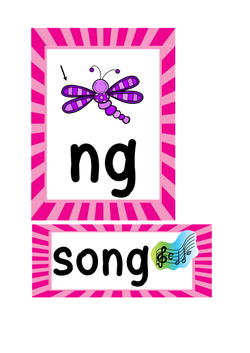
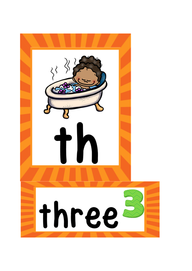
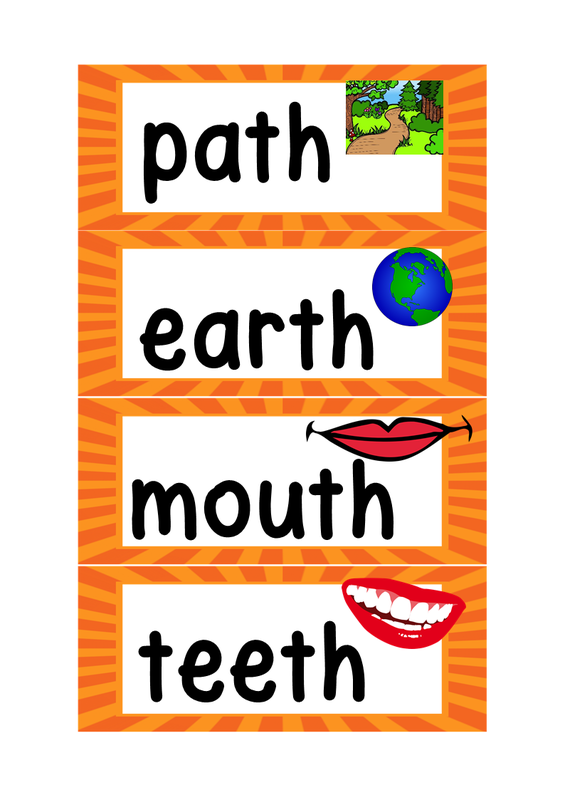
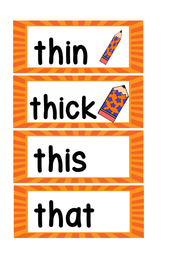
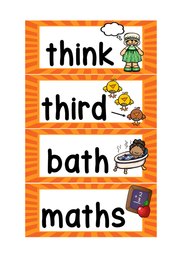
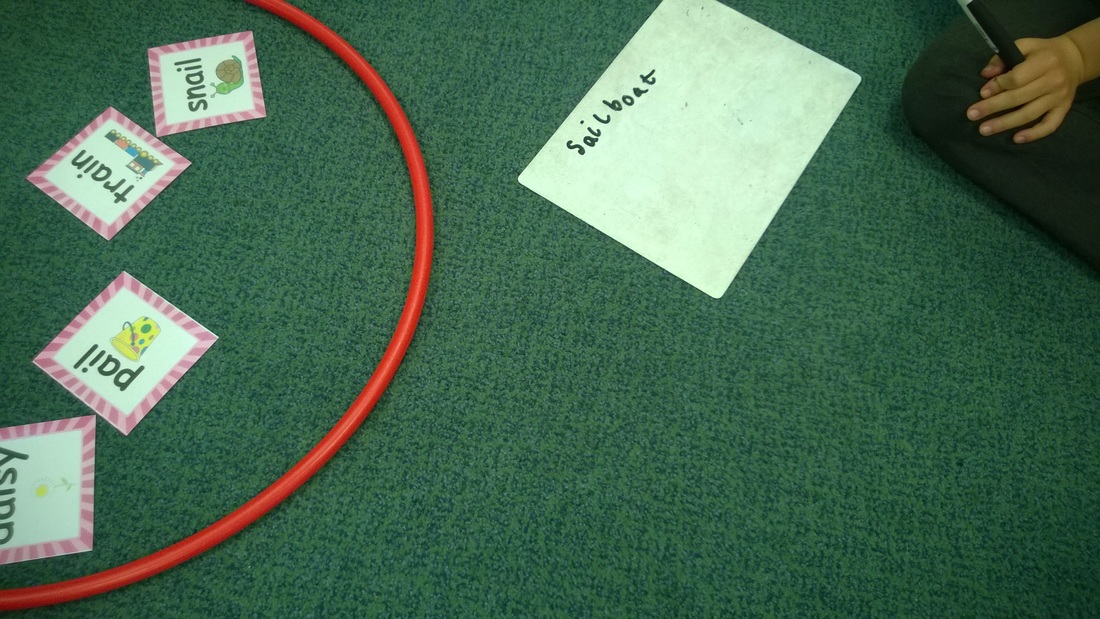
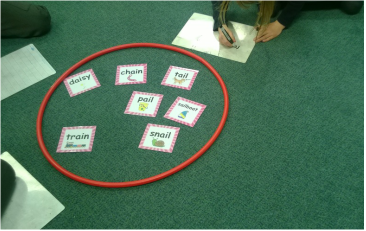
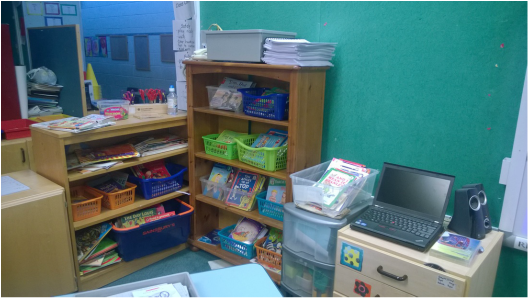
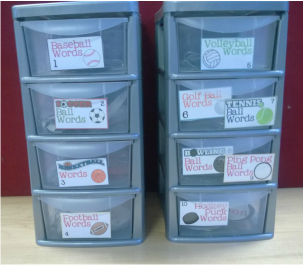
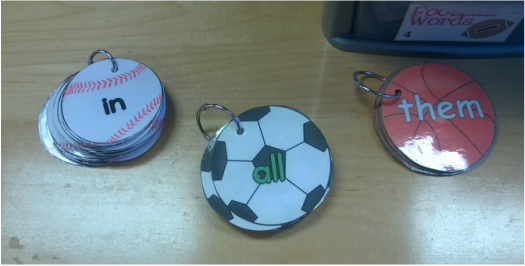
 RSS Feed
RSS Feed